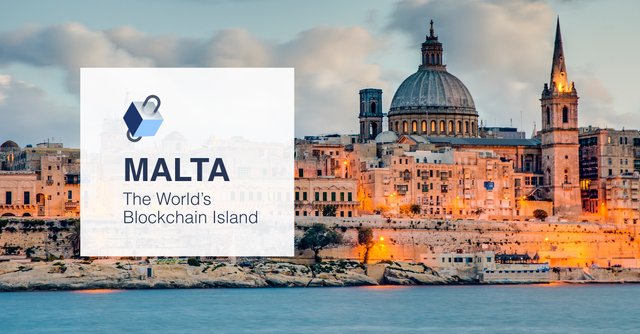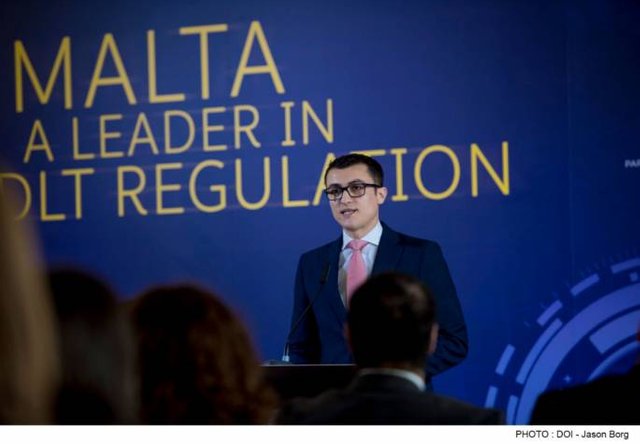Malta, the world s blockchain island

With the approval of three bills for the price of one, the small archipelago of Malta became the “world’s first blockchain island”, a little paradise for crypto exchanges and blockchain technology enthusiasts.
While other countries are still waiting to understand more and for other for try and test, the Maltese Parliament stands out and, at the beginning of last week, unanimously voted for passing in to law the “Malta Digital Innovation Authority Act”, the “Innovative Technology Arrangements and Services Act” and the “Virtual Finances Assets Act”, a full and detailed DLT (Distributed Ledger Technology) law that will regulate the activity related to blockchain, cryptocurrency and DLT, making of Malta the first country in the world to have laws which fully cover the treatment of cryptocurrencies and its exchange, the launch of initial coin offerings, the DLT service providers and subsequent treatment of assets offered to investors.

“The new laws will make Malta a global hub for market leader in the blockchain industry” the Maltese Prime Minister Joseph Muscat declared, adding that the new legislation proves that Malta is the first country globally with a “holistic legislative framework” for regulating the blockchain space: this will give Blockchain companies the necessary tools to operate legally in the era of the new economy. Silvio Schembri, the Parliamentary Secretary for Financial Services, Digital Economy and Innovation, posted on Twitter an update on Malta being “the first world jurisdiction to provide legal certainty to this space” and this, he believes, “will surely attract new businesses”.
How will this happen? Which practical benefits do the island’s new laws offer to investors?
First of all, they will provide numerous cryptocurrency exchanges with a clear and navigable regulatory framework; then, a process will be put in place to verify whether an asset derived from an ICO can be identified as a ‘virtual token’, which would operate as a utility token; finally European regulators will apply various securities definitions to the token in question. Moreover the new legislation will see cryptocurrency assets regulated under the VFAA, a hybrid legislation comprised of both existing European regulations as well as Maltese law.
Earlier this year, the European Commission published the European Blockchain Partnership — a “vehicle for cooperation amongst Member States to exchange experience and expertise in technical and regulatory fields and prepare for the launch of EU-wide Blockchain applications across the Digital Single Market for the benefit of the public and private sectors”.
Practically Blockchain projects would be guided by new governance models and now is clear that the new Maltese law is the more suitable to be used as a precedent.
Even before becoming a worldwide leading light, indeed, the island territory of Malta island has been known as a crypto-friendly nations: Binance the world’s largest crypto exchange, opened an office in the country this year, followed by the fourth largest exchange, OKEx and from BitPay; in the past, the Maltese government has also conducted a study focused on the use of blockchain technology to record academic certificates and to improve the transport system, in partnership with Omnitude.
And this is just the beginning of a new era for the world’s first blockchain island. Just wait and see!